IF there is one part of Valencia city that is well and truly off the beaten track, that would be the Cabanyal neighbourhood.
For years, El Cabanyal-Canyamelar was only really known to the general public for facing the Malvarrosa beach and for being a no-go area rife with squatting, drugs and crime.
Totally abandoned by the authorities, the once historical fishing quarter with its beautiful tiling and traditional architecture fell into dereliction, with collapsing buildings occupied equally by drug dealers, students, poor families living on the breadline, immigrants, unemployed people, and a whole cross-section of society that was unable to afford the astronomical living costs of the big city.
However, underneath the shabby exterior bubbled a strong and determined community spirit. Despite occasional and widely reported incidents, the vast majority of residents formed a cohesive and open-minded unit, accepting each other’s differences and keen to defend their home.
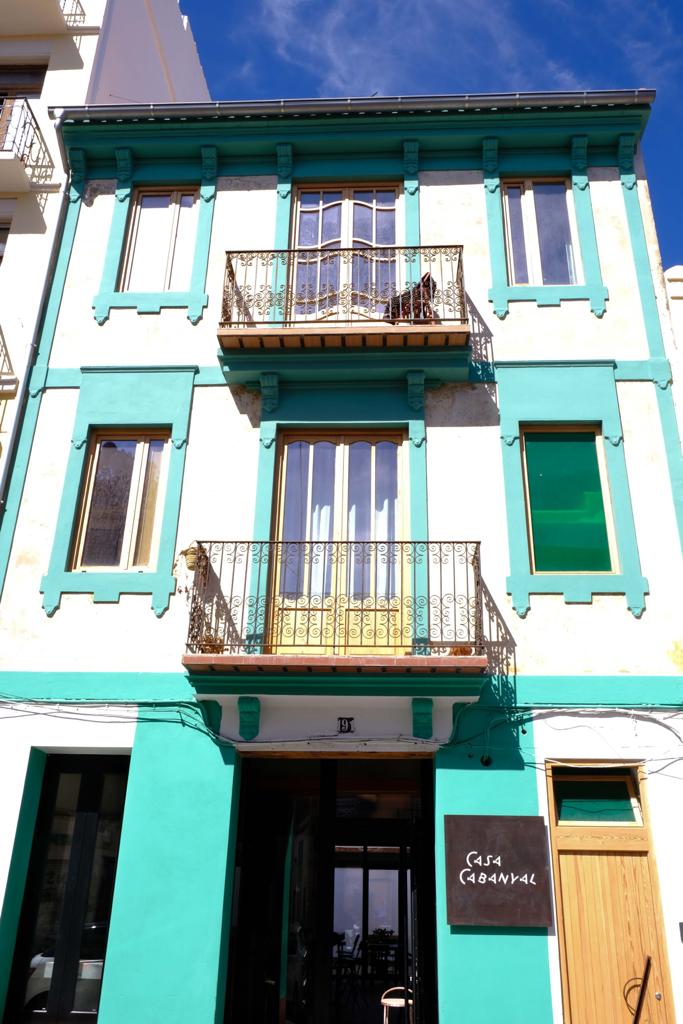
This hidden reality suddenly slammed into the public consciousness in the new millennium, when former Valencia mayoress Rita Barberá unveiled plans in to split the Cabanyal in half by extending Blasco Ibañez avenue, connecting the city centre with the beach.
The project entailed the demolition of 1,600 properties and the forceful eviction of hundreds of residents, both old and new, as well as the destruction of an area classed as a Cultural Heritage Site.
A neighbourhood platform entitled Salvem El Cabanyal (Save the Cabanyal) was set up to oppose the plans. The dispute came to a head in 2009, when the city council sent in diggers to begin knocking down houses.
The move led to clashes between police and members of the pressure group, widely reported at the time as ‘The battle for the Cabanyal’ and ending in a drawn-out court dispute between the platform and the city council.
Finally, Salvem won the seemingly never-ending legal and political crossfire, and the development plans were scrapped.
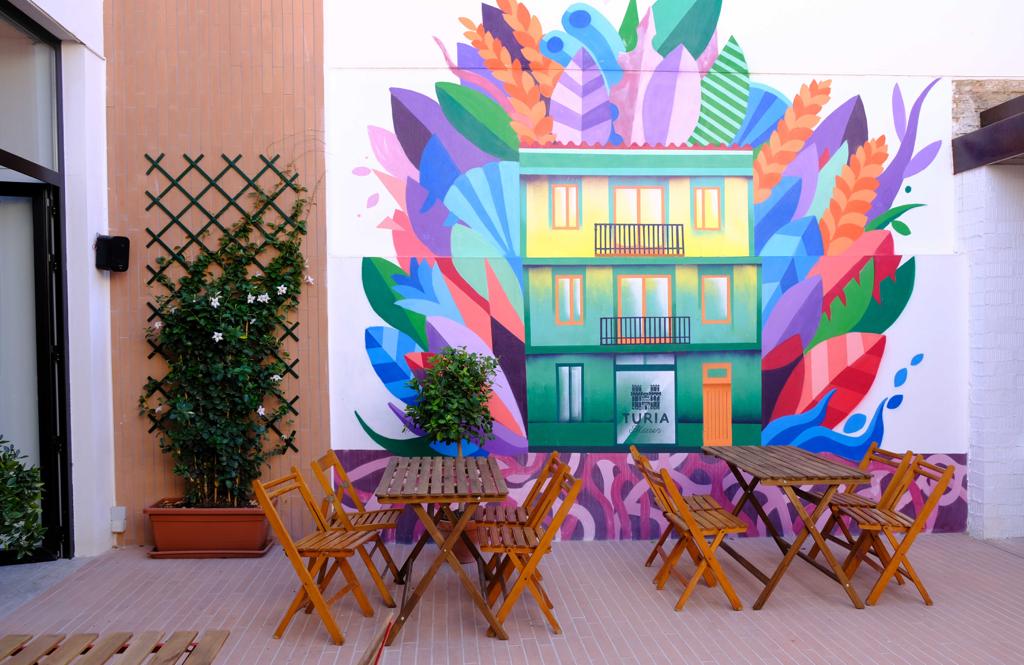
Since then, the neighbourhood is slowly on the mend. Public projects have been launched to repair and restore the old streets and houses, new businesses are opening up, cultural events are planned – COVID permitting – and the whole area has received a new lease of life.
One of the main exponents is the Casa Cabanyal, a fully licensed sociocultural events hall and bar set up in a previously abandoned and condemned building from 1924 in Escalante street by Paolo Cammarano and Alessandro De Cillis.
According to the promoters, the centre took three years to build with ‘great economic effort’ and ‘without receiving not one penny of public funding’.
Since opening its doors to the public in September 2020, Casa Cabanyal has hosted music and art events, as well as regular film screenings ‘in a neighbourhood that has not had a cinema for more than 30 years’, say Paolo and Alessandro.
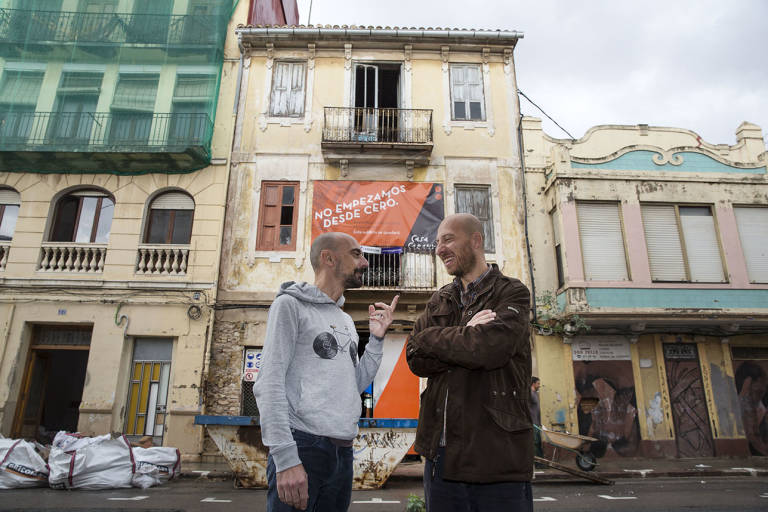
Also on the cards are plans to hold public talks, children’s workshops and literary meetings, while an association has been set up to promote local events and to encourage the integration of all the different cultures present in the neighbourhood.
An ‘inclusive kitchen’ for handicapped people and a workshop to learn how to repair household appliances have also been put on ice due to the COVID pandemic.
Valencia city council reportedly took a year to approve the restoration project, although permission finally came though ‘without the need for further paperwork’.
However, the centre promoters are now denouncing that they have been fined three times by the city hall simply for using the inside patio, which ‘constitutes the heart of Casa Cabanyal’ and ‘is indispensable for the economic sustainability of the project since it represents half the space of the room’.
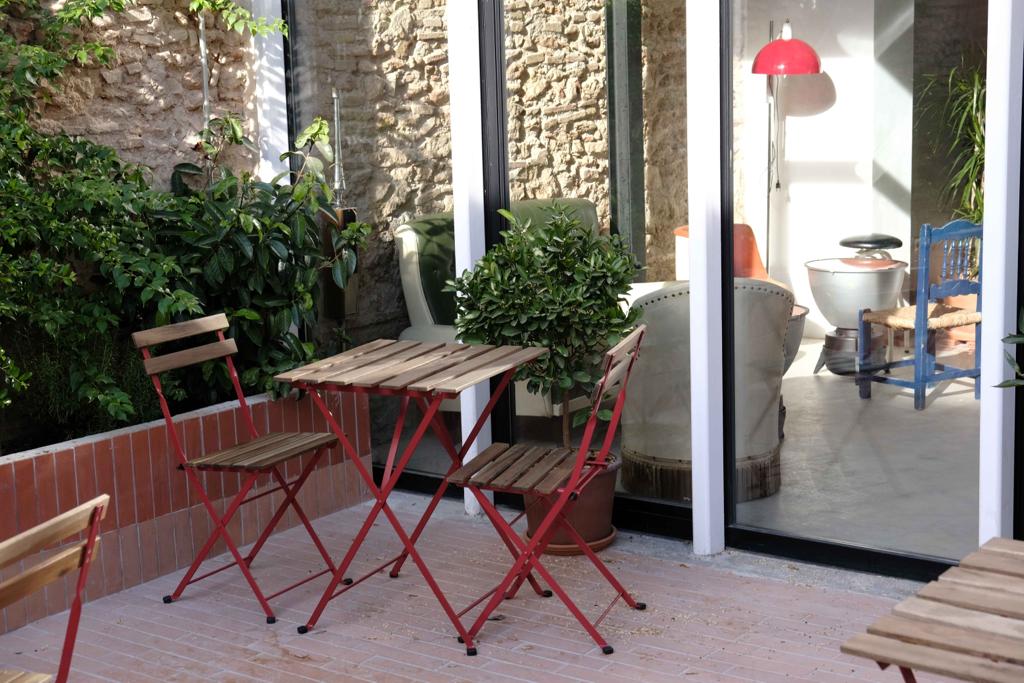
Paolo reveals that the terrace has been a bone of contention with the authorities since the beginning, but it was finally approved ‘for daytime use and as long as it caused no disturbance to the neighbours’.
And although the organisers insist that the patio is used strictly according to the terms set out by the council, with a maximum of 46 people at any one time and only during the day, Paolo and Alessandro are now facing the closure of the centre due to being unable to pay the escalating economic penalties handed out by the Local Police.
“The paradox is that if it were a private house, when the COVID restrictions are finally lifted, there could be 30 people on the same patio having a barbecue and there wouldn’t be any problem,” highlight the entrepreneurs in a press statement.
None of the police reports mention any complaints by neighbours, and Paolo insists that the conflict has nothing to do with coronavirus restrictions, which have been obeyed at all times.
The problem is said to be a piece of obsolete legislation that decrees that the terrace cannot be occupied by people, which according to Paolo ‘is not applied in other similar cases in Valencia’.
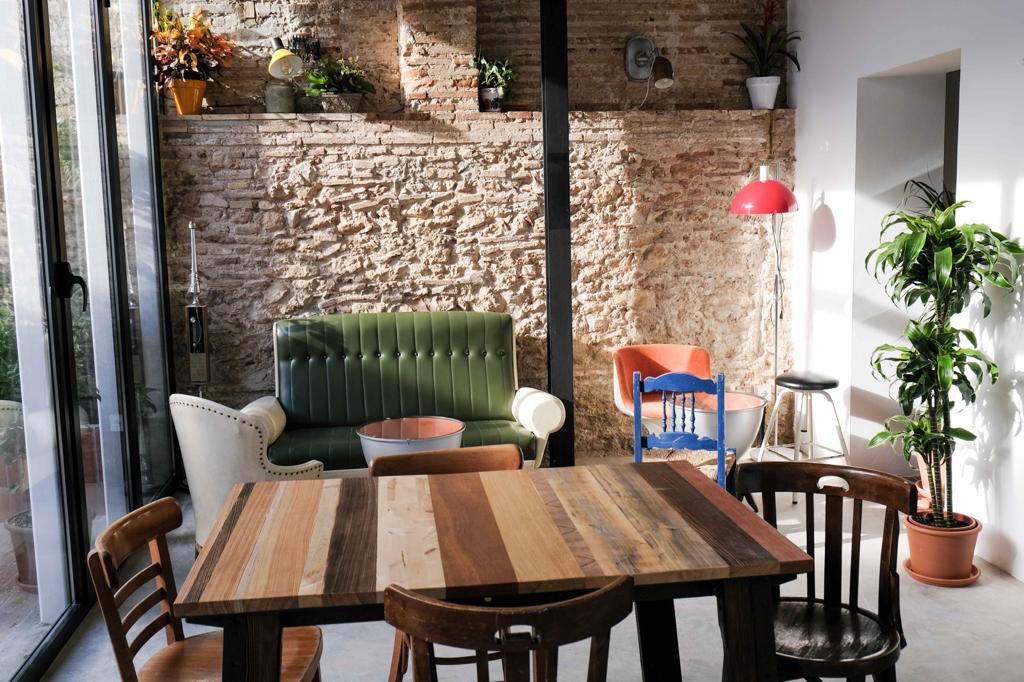
They have launched an online petition on Change.org to collect signatures, in a bid to encourage Valencia mayor Joan Ribo to step in and provide them with a bureaucratic solution that authorises them to use the terrace.
At the time of reporting, the petition had been signed by 1,122 people and counting, of the 1,500 signatures needed to file the document with the local authorities.
Supporters include many Brits, as Paolo reveals that the centre is very popular with expats in the area and beyond: “Many English-speaking people come to our events, including English, Irish and North American clients, and we have staged concerts by British singers and musicians.”
If their missive to Mayor Ribo is unsuccessful, the promoters insist that they would have to close and sell the property, as the enterprise is impossible to run without the patio.
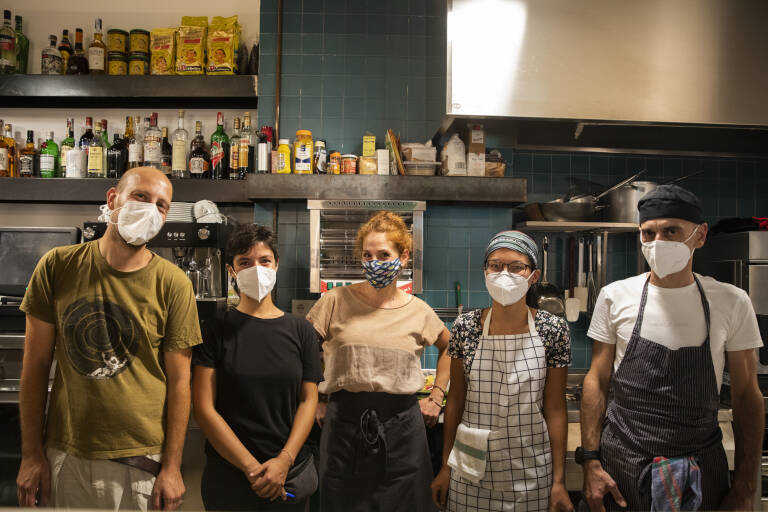
“Casa Cabanyal is not only an economic activity that was creating employment, but also a cultural space that is consistent with the needs of the neighbourhood,” insist Alessandro and Paolo.
“We could have restored the building and turned it into tourist apartments or one of those aparthotels that are beginning to pop up throughout the area. It would probably have been more profitable, but it wasn’t our goal.”
The petition can be found here: https://www.change.org/casacabanyal
Learn more and follow the Casa Cabanyal on Facebook at http://facebook.com/casacabanyal and on Instagram at @cabanyal_casa








